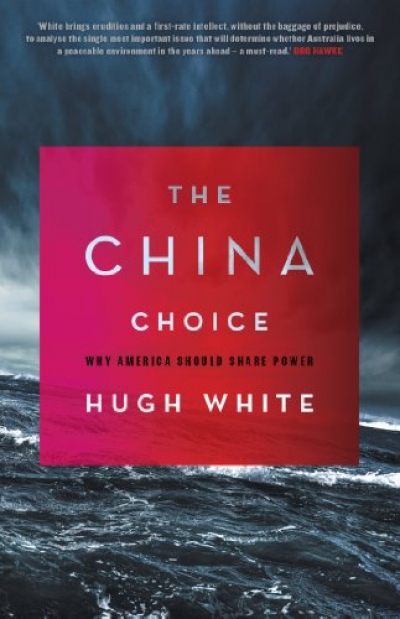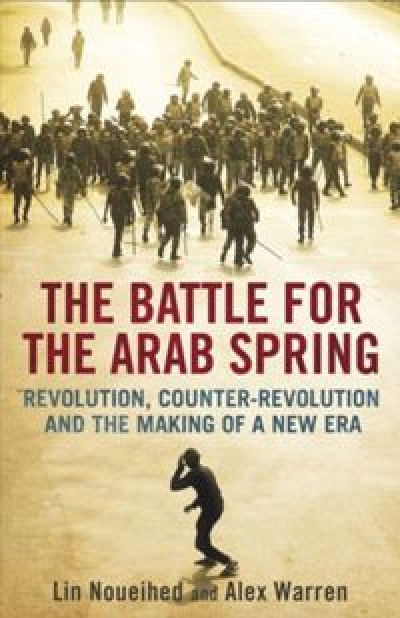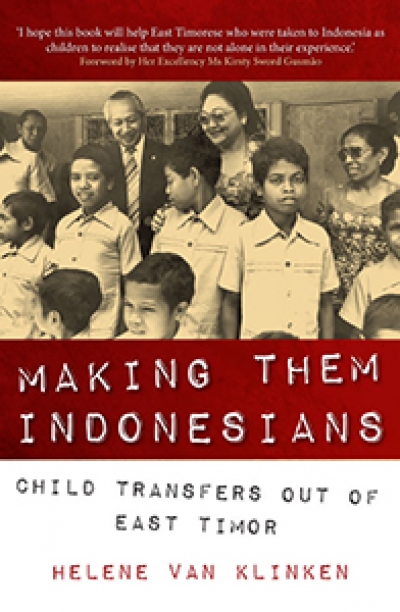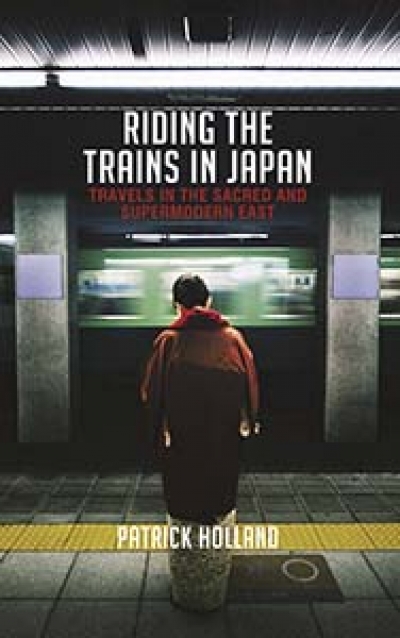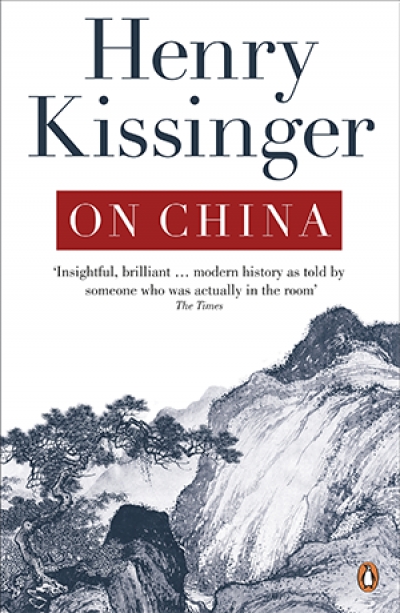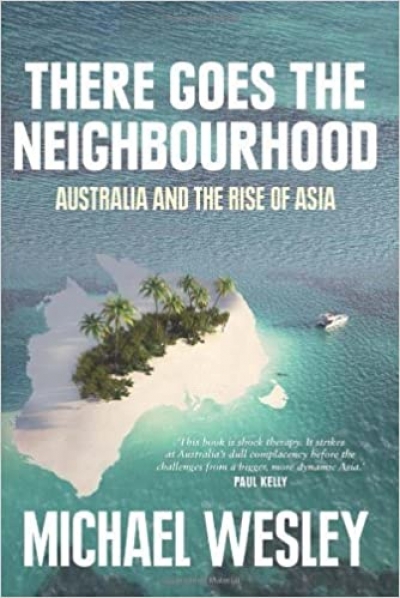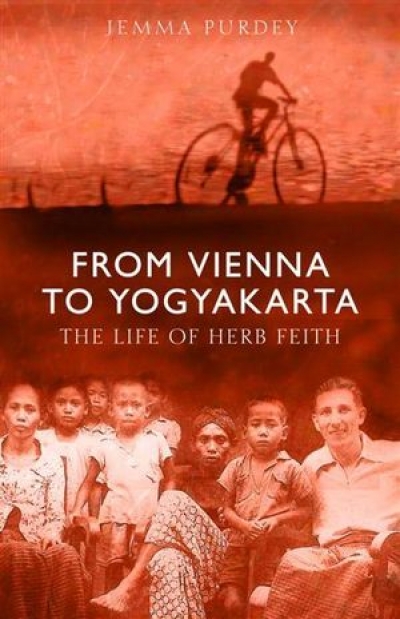Asian Studies
The China Choice: Why America Should Share Power by Hugh White
by Nick Bisley •
The Battle for the Arab Spring: Revolution, Counter-Revolution and the Making of a New Era by Lin Noueihed and Alex Warren & Libya: The Rise and Fall of Qaddafi by Alison Pargeter
by Peter Rodgers •
Making Them Indonesians: Child transfers out of East Timor by Helene van Klinken
by Jill Jolliffe •
'Letter from Jaipur: Free speech and sectarian tensions at the Jaipur Festival' by Claudia Hyles
by Claudia Hyles •
This year’s Jaipur Literature Festival (20–24 January) more than lived up to the Indian Ministry of Tourism’s slogan – ‘Incredible India’.
... (read more)Riding the Trains in Japan: Travels in the sacred and supermodern East by Patrick Holland
by William Heyward •
Paradoxical neglect
Dear Editor,
Patrick McCaughey’s article ‘NativeGrounds and Foreign Fields: The Paradoxical Neglect of Australian Art Abroad’ (June 2011) caught my attention because of its title, then its content. The ...
There Goes the Neighbourhood: Australia and the Rise of Asia by Michael Wesley
by Hugh White •
From Vienna to Yogyakarta: The Life of Herb Feith by Jemma Purdey
by Joan Grant •

